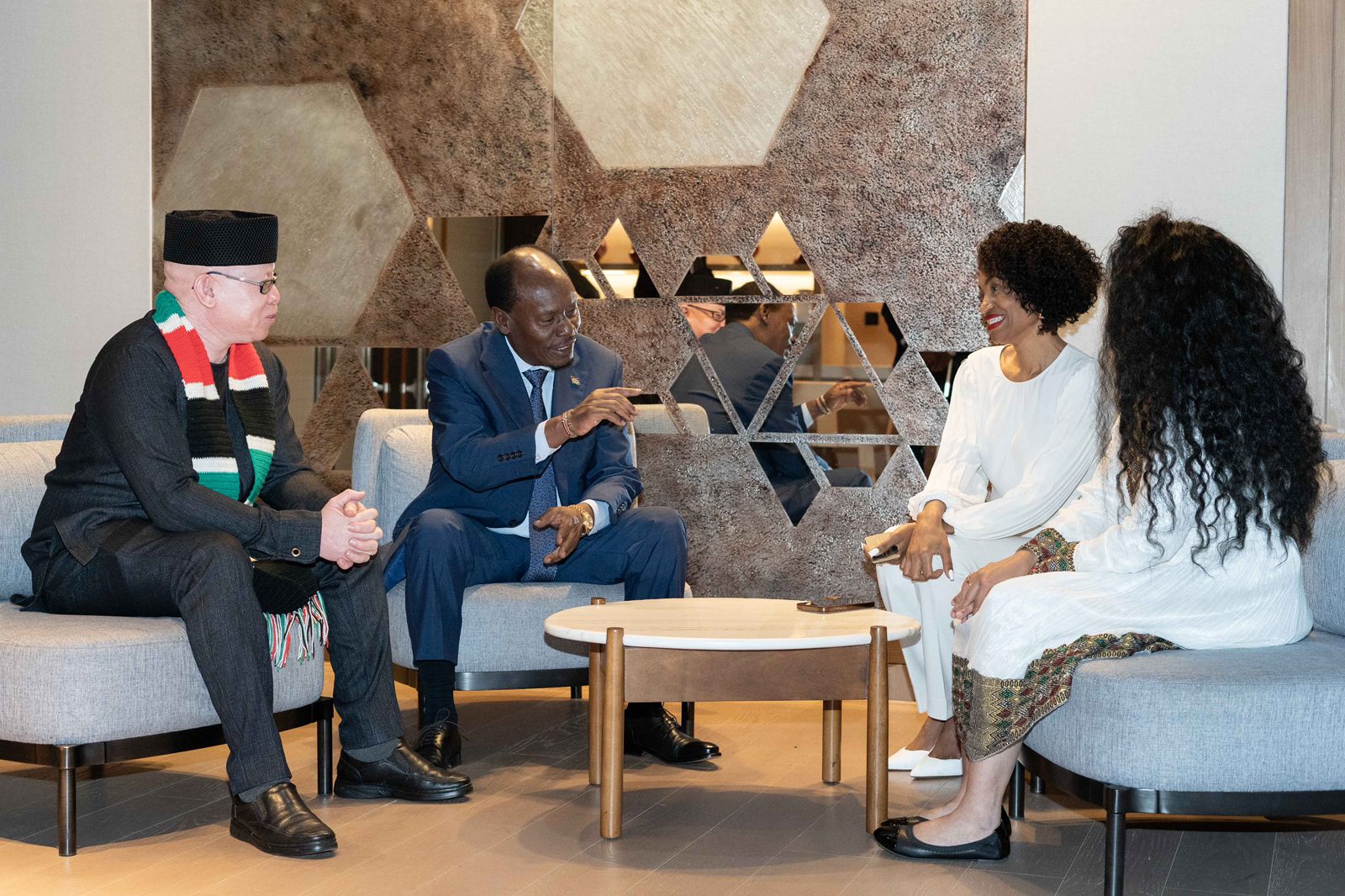
Kenya Moves to Make All Online Government Services Accessible to Persons with Disabilities » Capital News
NAIROBI, Kenya, Jun 3 – The government has committed to making all digitised public services accessible to persons with disabilities, in a bold step toward universal digital inclusion.
Speaking at the opening of the 6th Inclusive Africa Conference in Nairobi, ICT and Digital Economy Cabinet Secretary William Kabogo said the government will partner with technology companies, innovators, and disability rights organisations to ensure the more than 33,000 government services available on eCitizen meet digital accessibility standards.
“Digital accessibility is not a luxury; it is a right and an essential pillar of our national development,” Kabogo said.
“We are determined to equip at least 20 million Kenyans with digital literacy skills by 2027, including individuals who are blind, deaf, or living with mobility, cognitive, or learning disabilities.”
The push will be anchored on the Accessibility Standard for Digital Products, developed in partnership with stakeholders and already influencing how organisations design and deliver online services.
The three-day conference, hosted by the nonprofit inABLE, brings together government officials, global tech firms, civil society, and people with disabilities to explore ways of embedding accessibility in areas such as financial services, education, employment, transportation, and communications.
Artificial intelligence is also a key focus, with discussions on how it can drive inclusive innovation.
Joseph Motari, Principal Secretary at the State Department for Social Services and Senior Citizen Affairs, said the government is also working to expand both physical and digital infrastructure to ensure people with disabilities can live “independent, productive, and dignified lives.”Government Spokesperson Isaac Mwaura described Kenya as a continental leader in disability rights, citing constitutional guarantees and policy commitments to inclusion.
His office is preparing to launch an Inclusive Communications Program to make public communications accessible and responsive to the needs of persons with disabilities.
Only 3% of the more than 135 million people in Africa who require assistive technologies—such as screen readers, hearing devices, and accessible software—currently have access, according to Mastercard Foundation’s Director of Strategic Partnerships & Innovation, Dina Randrianasolo.
“This is not just a development challenge; it is a social justice issue,” she said.
inABLE Executive Director Irene Mbari-Kirika called for a shift in mindset among tech developers and service providers, urging them to treat accessibility as a core design principle, not an afterthought.
“Digital accessibility is not a one-time fix,” she said. “It must be embedded from the outset and maintained throughout every stage of product development.”
The Inclusive Africa Conference also aims to build consensus around a roadmap for implementing the Persons with Disabilities Act, 2025, with digital inclusion at its core.